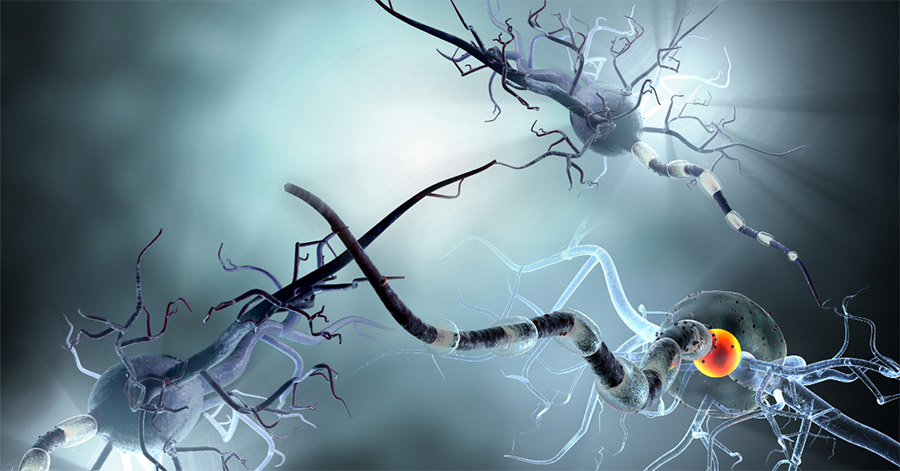Webinar: RBQM 101: Getting Started with Risk-Based Quality Management
October 18, 2021In this free webinar, the featured speakers will discuss the importance of making risk-based quality management (RBQM) accessible. It will offer an overview on how to develop KRIs, aggregate data and establish thresholds, and how users can embed RBQM processes directly into clinical trial management system (CTMS) workflows to improve adoption. The presenters will also provide tips to get started today with the technology your company has available, as well as RBQM best practices, challenges and solutions.
Join the live webinar on Wednesday, November 3, 2021 at 11am EDT (3pm GMT/UK).
Centralized monitoring is more important now than ever before due to the constraints and challenges placed on clinical trials during the global pandemic. Centralized monitoring fits into a comprehensive risk-based quality management (RBQM) strategy. This webinar will focus on making RBQM accessible, providing an overview of how to get started and how users can embed RBQM processes directly into clinical trial management system (CTMS) workflows to improve adoption.
This webinar will address many of the common barriers; system and budget requirements; terminology and process uncertainty; and key risk indicator (KRI) development and management. It will also include a framework and tips for how teams of all sizes can quickly get started, as well as provide practical expertise on risk-based quality management implementation approaches. RBQM best practices will also be discussed.
Register for this webinar to hear experts from ARG, Erin Farris, Vice President of Operations and Brad Whitlow, Project Director, share the RBQM components they have implemented, how they operationalized them, techniques to address common challenges and metrics to measure success. The featured speaker from Veeva, Lauren Garson, Senior Director, Clinical Strategy, will explain how companies can take a holistic approach to risk management and the value of risk-based quality management unified with CTMS processes.



